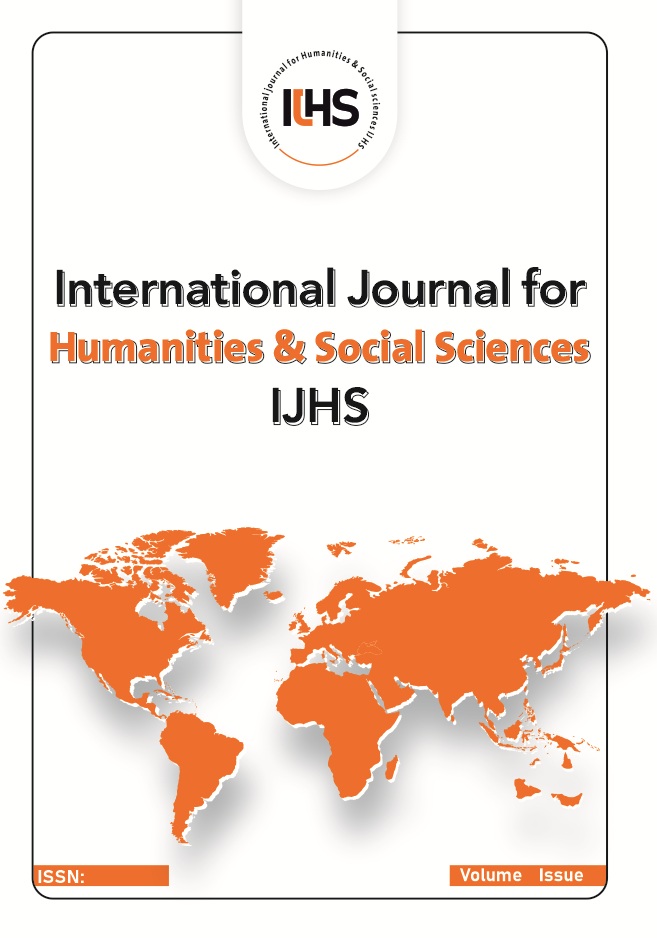Species Relationship and Animal Cruelty in Karen Joy Fowler’s We Are All Completely Beside Ourselves DOI 10.5281/zenodo.10364886
Main Article Content
Abstract
DOI:10.5281/zenodo.10364886
Over time, multiplicity or replication has influenced life, and life itself has in various ways affected and been affected by the physical environment. A typical example of a member of the physical environment that has been expressly affected by man is the non-human members of the environment especially, animals. Cruelty against animals is an emerging concern in global ecological discourse in recent times. This paper however examines species relationship and animal cruelty in Karen Joy Fowler’s We Are All Completely Beside Ourselves. The objective is to critically investigate how man relates with animals and the spate of cruelty against animals in the physical environment. In order to achieve this set intention, the study engages the theoretical exposition of ecocriticism mainly because of its commitment to environmentalist philosophy. Contrary to a jaundiced belief that animals should not make ecologic discourses, the research reveals that animals are members of the physical environment but are subjected to oppressive cruelty. It shows also that animal rights advocacy is within the purview of environmental literature. The study indicates that species relationships can be a useful standard for gauging the health of the ecosystem.

